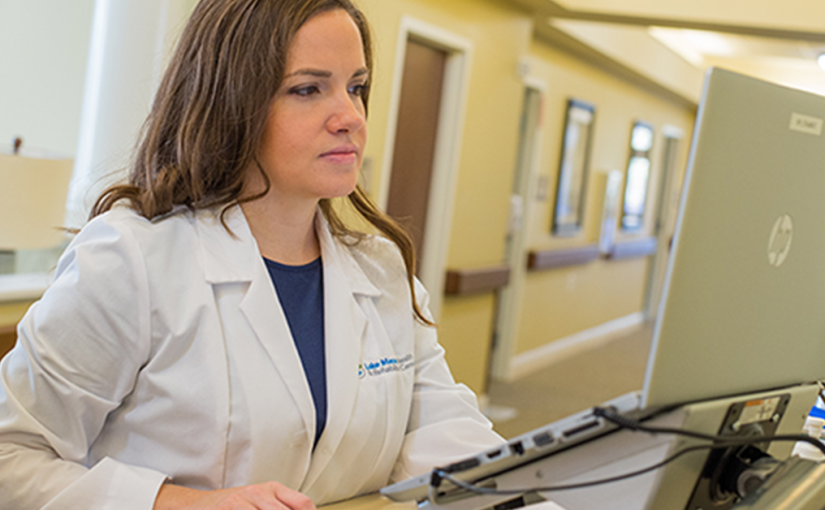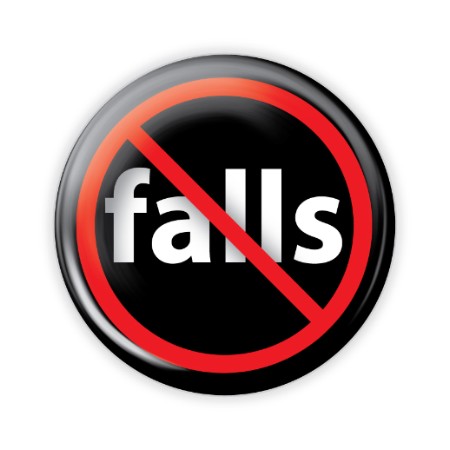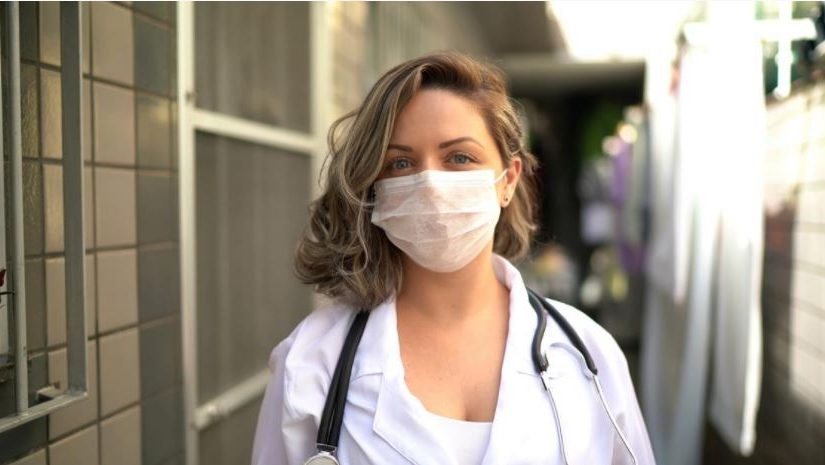Even though summer is in full swing, it’s time to start looking towards our fall vaccination efforts. Last week, the Centers for Disease Prevention & Control (CDC) released updated recommendations for COVID-19, flu, and RSV vaccines.
Updated 2024-2025 COVID-19 Vaccine Recommendation
CDC recommends everyone ages 6 months and older receive an updated 2024-2025 COVID-19 vaccine for the 2024-2025 Fall/Winter Respiratory Virus Season. This is regardless of whether or not they have ever previously been vaccinated with a COVID-19 vaccine. Updated COVID-19 vaccines will be available from Moderna, Novavax, and Pfizer later this year. This recommendation will take effect as soon as the new vaccines are available.
Updated 2024-2025 Flu Vaccine Recommendation
CDC recommends everyone 6 months of age and older, with rare exceptions, receive an updated 2024-2025 flu vaccine also for the 2024-2025 Fall/Winter Respiratory Virus Season. September and October remain the best times for most people to get vaccinated. For adults (especially those 65 years old and older) and pregnant people in the first and second trimester, vaccination in July and August should be avoided unless it won’t be possible to vaccinate in September or October.
Simplified RSV Vaccine Guidance for Seniors
For this upcoming respiratory virus season, CDC has modified their recommendation for the RSV vaccine for seniors, specifically suggesting that:
- Everyone ages 75 and older receive the RSV vaccine.
- People ages 60–74 who are at increased risk of severe RSV, meaning they have certain chronic medical conditions, such as lung or heart disease, or they live in nursing homes, receive the RSV vaccine.
This recommendation is only for adults who did not receive the RSV vaccine last year as the RSV vaccine is not an annual vaccine.
Providers should contact their pharmacies and begin the process of ordering vaccines for the upcoming season. Providers should also check out the resources on the AHCA/NCAL #
GetVaccinated website for resources on navigating the reimbursement and administrative requirements as well as resources to help improve vaccine uptake.







